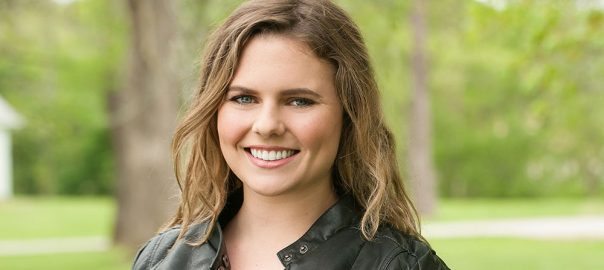Katie started it.
“We saw her take the concept and develop it right through to completion,” said Kenny Harvey, the Director of Experiential Learning for Growing Teens for Life. He and Tim Main, the Grounds Supervisor, worked right beside Katie as she took her idea for a Butterfly Garden on White’s campus and turn it into reality.
“She worked with Tim and me,” Kenny continued, “and her parents bought some material. Some we donated from 50 East, and some we had donated through Monarch Watch.”
In fact, Monarch Watch, a nonprofit education, conservation, and research program based at the University of Kansas that focuses on the Monarch butterfly, its habitat, and its spectacular fall migration, donated over 200 milkweed plants.
“The impact this project had on Katie was obvious. She was much more self-assured and had more leadership in the project as it progressed,” Kenny said.
Katie, a student at Compass Rose Academy, has since returned home. The impact she has had on campus will continue for many years to come. Kenny Harvey has plans in fact. “We are hoping to use the garden as a community service project for Compass Rose, allowing students and interns help design it as we expand it.”
For Katie, the project helped her earn the Girl Scout Gold Leadership Award.
For Compass Rose and all of White’s, students and staff will be exposed to butterflies, their importance in nature, and why they are endangered, not to mention the simple appreciation of something so very beautiful and so very fragile.
“The garden’s symbolism is profound, especially for our students,” said Mike Haarer, Vice President and Director of Compass Rose Academy. “The Monarch, in particular, undergoes an inspiring transformation, a transformation that reflects the potential of change and growth every young lady here has within her.”
“Yes, Katie started a wonderful thing here.”









